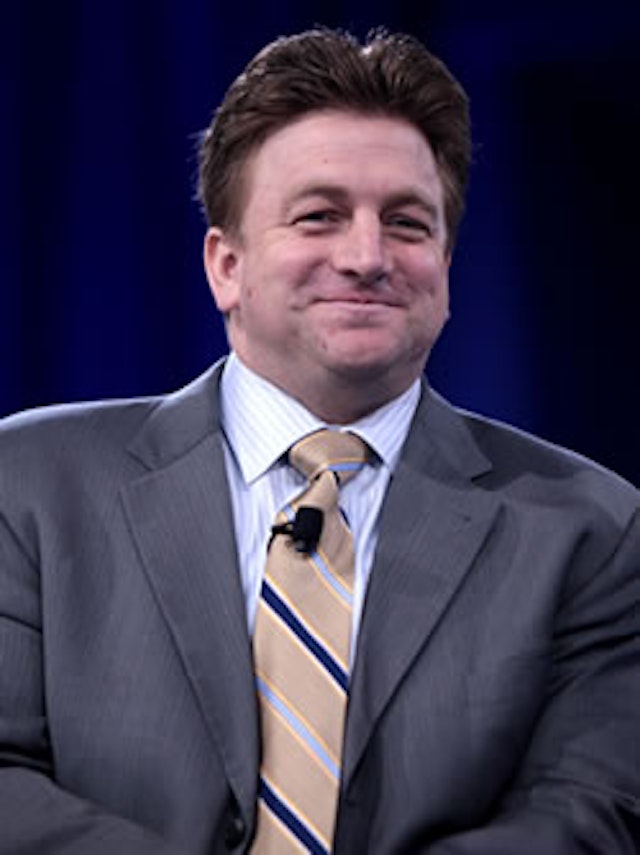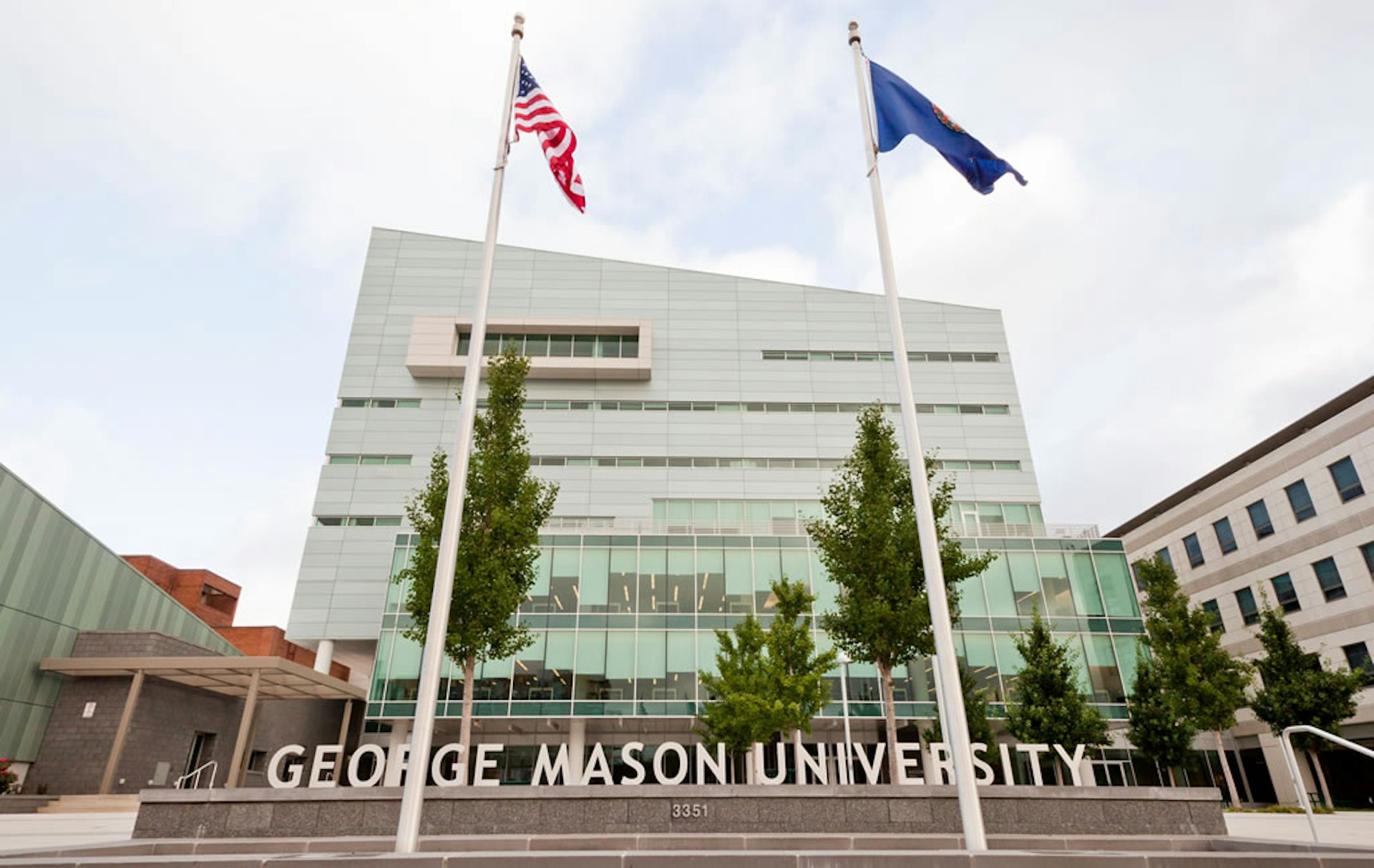With anticipation running high that the Biden administration will take steps to rein in the power of Big Tech, a new Tech Transparency Project (TTP) investigation provides fresh evidence that one of the industry’s primary regulators, the Federal Trade Commission, has effectively been captured by the very companies it is charged with overseeing.
It’s long been known that Google, Qualcomm, and other tech giants have had a close relationship with the George Mason University law school, often funding white papers and conferences organized by Joshua Wright, a former Republican FTC commissioner who has argued that government should take a hands-off approach to the tech industry.
Now, TTP’s investigation is revealing new details about Wright’s behind-the-scenes dealings at the FTC—and the extent to which GMU has shaped the agency’s workforce through an extensive revolving door and internship pipeline. The findings show how tech companies can count on an army of GMU allies, including current and former FTC officials with inside knowledge of the agency, to defend them against accusations of anticompetitive behavior.
According to an FTC inspector general report obtained via the Freedom of Information Act, a former senior official at the commission—confirmed by Bloomberg Businessweek to be Wright—repeatedly tried to persuade officials at the FTC to settle the agency’s antitrust lawsuit against Qualcomm in 2017, in violation of lobbying restrictions. Qualcomm is a major funder of Wright’s Global Antitrust Institute at GMU.

Former FTC Commissioner Joshua Wright
The FTC’s Office of Inspector General deemed Wright’s actions serious enough to refer the matter to the Trump Justice Department, which ultimately declined to prosecute.
TTP’s investigation also sheds light on the robust revolving door between the FTC and GMU going back a decade or more, with more than 80 examples of FTC officials, GMU professors and law students who have moved between the school and the agency or vice versa.
Some GMU law courses on antitrust, privacy, patent, and copyright issues are even being taught by Big Tech executives and lawyers representing companies like Google, Facebook, and Qualcomm. Much of their teaching material takes a negative view of tech regulation, inculcating a farm team of future FTC officials and lawyers with industry-friendly views.
The findings raise troubling new concerns about how GMU—a key conduit for the interests of Big Tech—is infiltrating the FTC, an agency tasked with promoting competition and protecting consumers. Critics have accused the FTC for years of being slow and ineffective in its oversight of the tech industry. But with the Biden administration poised to take a tougher stand on Big Tech, and the FTC now pursuing a major antitrust case against Facebook, the independence and effectiveness of the agency will be particularly important.
Here are the main takeaways from TTP’s investigation:
- A May 2019 report by the Federal Trade Commission’s Office of Inspector General (OIG) concluded that a former senior FTC official, now confirmed to be Wright, met or attempted to meet with FTC officials on at least six different occasions between April and May 2017 to push a settlement with Qualcomm. That amounted to a legal violation, according to the report, because Wright had participated “personally and substantially” in the Qualcomm antitrust case while serving as an FTC commissioner and was thus subject to a lifetime ban on lobbying his former colleagues on the matter. The OIG’s conclusions were later forwarded to the Department of Justice’s Public Integrity Section, which declined to prosecute the case.
- At least 14 senior officials at the FTC during the Trump administration had ties to GMU. They included attorneys, economists, analysts, and those serving in senior positions as bureau directors or deputy directors.
- At least six FTC officials have taken a full trip through the “revolving door,” cycling back and forth between the Washington, D.C., agency and teaching positions at the GMU law school in nearby Arlington, Virginia, including several who have made the trip multiple times.
- There are 17 examples of FTC officials who served as GMU law school professors or left professorships at GMU to join the FTC. In at least four cases, GMU professors left the law school to serve in senior roles at the FTC only to return to their teaching positions at the end of their government service. At least seven FTC officials appear to have served as GMU professors or adjunct professors at the same time they also worked at the FTC.
- Big Tech executives from Google, Facebook, and Qualcomm and the law firms representing the companies are featured as guest speakers, lecturers and even teachers of several GMU law courses. In one case, Google’s in-house counsel for patent issues has been teaching a GMU law course in recent years. In other examples, lawyers representing Google and Qualcomm have taught antitrust and privacy courses or served as guest lecturers at the law school while the companies faced active FTC investigations for anticompetitive behavior.
- At least 50 GMU students, most from the law school, have served as FTC interns or law clerks. In several cases, GMU law students appear to have served as FTC interns at the same time they were working for GMU academic centers or professors funded by Big Tech. After graduation, many were hired by top law firms representing Google, Qualcomm, Facebook, and GMU’s other Big Tech funders.
Wright, Qualcomm, and a spokesperson for GMU’s law school, which houses the Global Antitrust Institute, did not respond to TTP requests for comment.




